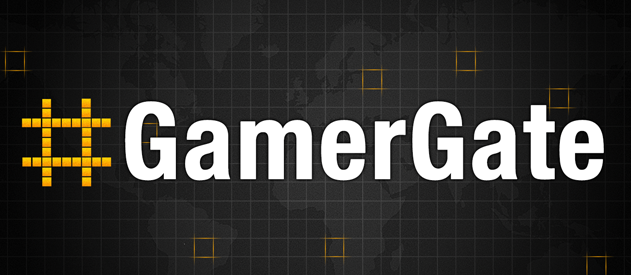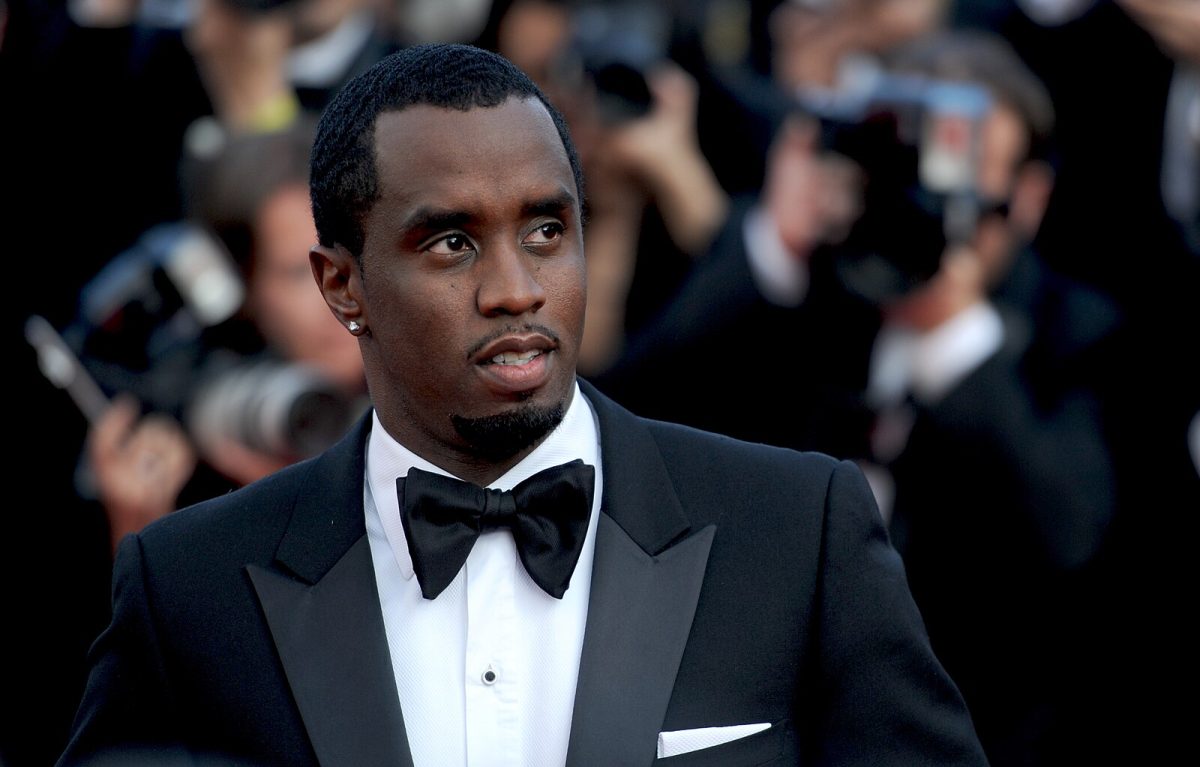Several outspoken female professionals in the video game industry have been driven from their homes, bombarded with death and rape threats, and had their personal information leaked and published within the last few weeks. Their harassment is the result of several incongruous events that have sparked a male-gamer-led Internet hate campaign coined Gamergate.
As is the case with most Internet hate-campaigns, Gamergate is unfocused, contradictory and terribly confusing with flimsy justification. The three-pronged birth of Gamergate began in August with Anita Sarkeesian, a feminist pop culture and video game critic, releasing the latest instalment of her highly successful video series, “Tropes vs. Women in Video Games.” Sarkeesian has been a subject of harassment ever since she began her YouTube video series in 2012, and each of her videos is met with profane and threatening backlash from gamers who can not conceive of a world in which women have an equal voice in their chosen hobby. They try to silence her with each video released, and the latest one was no different.
Also in August was the Zoe Quinn scandal. Quinn is an independent video game developer whose forthright opinions on ending gender oppression in her career field paints her as a target for harassment by misogynist gamers on Twitter. In w she had been accused of having a relationship with Kotaku (the video game-centric sister site of Gawker) journalist Nathan Grayson. Amongst accusations of sex-for-press corruption, the community reacted with slut-shaming, death and rape threats of such force that people outside the gaming culture took notice.
Most notably, conservative actor Adam Baldwin, known for his roles in Full Metal Jacket and Firefly, chimed in on all of the hate via Twitter, coining the war between video game hobbyists and professionals #Gamergate; a hashtag which has acted as the uniting force for everyone with negative opinions about video game professionals. People participating in the hate felt a sense of legitimacy in having a title, especially one with the -gate suffix, harkening back to the Watergate political scandal. It gave them a platform and an army of supporters, even if there were many contradicting narratives at play within it.
The Rebirth of a Stereotype
At the base of each argument, however, are women, and they have been painted the enemy the enemy. Some #Gamergate supporters are attacking games journalism, some are attempting to preserve the sanctity of the “gamer” identity, some are fighting to keep a discourse of social justice and political correctness out of their hobby. Either way, #Gamergate is communicating that women are ruining games, and they should be silenced. Unfortunately, the aforementioned message is extremely regressive in terms of advancing the medium, gaining legitimacy for the video game industry, and for gender equality on any scale.
We have been verging on times where the stereotypical “gamer,” the overweight man-child who spends all of his time in a dark basement playing fantasy computer games, has become an outdated cultural reference and a gamer could simply be any person. The efforts of #Gamergate are working directly against that, and creating a brand new stereotype: a misogynist male who cares not for social justice, equality, and alternative voices in his chosen medium. This new gamer wants the oppressed to remain that way, and he revels in keeping them down. It’s making sensible people who could not condone such behavior slowly back away from video games in an attempt to not be associated with such a radical regressive collective mindset.
It makes sense. Over the past few weeks, #Gamergate has been covered by major news outlets, and has appeared on the front page of the New York Times. People operating under #Gamergate have made terror threats on a university in which Anita Sarkeesian, one of the aforementioned game critics, planned to give a talk. It’s creating a link between the “gamer” identity and the horrible school shootings that have happened in the last few years. If the games industry was making a push to convince us that games don’t have anything to do with violent behavior in recent years, #Gamergate is proving us all wrong.
#Gamergate is a sore spot on a medium that should be enjoyed by everyone regardless of who they are. The fact that this hate movement has gone this far is proof w some people love video games so much that they will reach these terrifying ends in order to “protect” them. It’s a medium that has the ability to be presented as art, interactive experiences, a means of catharsis and empathy; not solely violence and oppression. As soon as the #Gamergate collective conscience begins to understand that, as well as understand that the sanctity of their hobby will not suddenly fall away, then games could become one of the most inclusive and advanced industries today.
This article originally appeared in the November 5, 2014 edition of The Pace Press.







